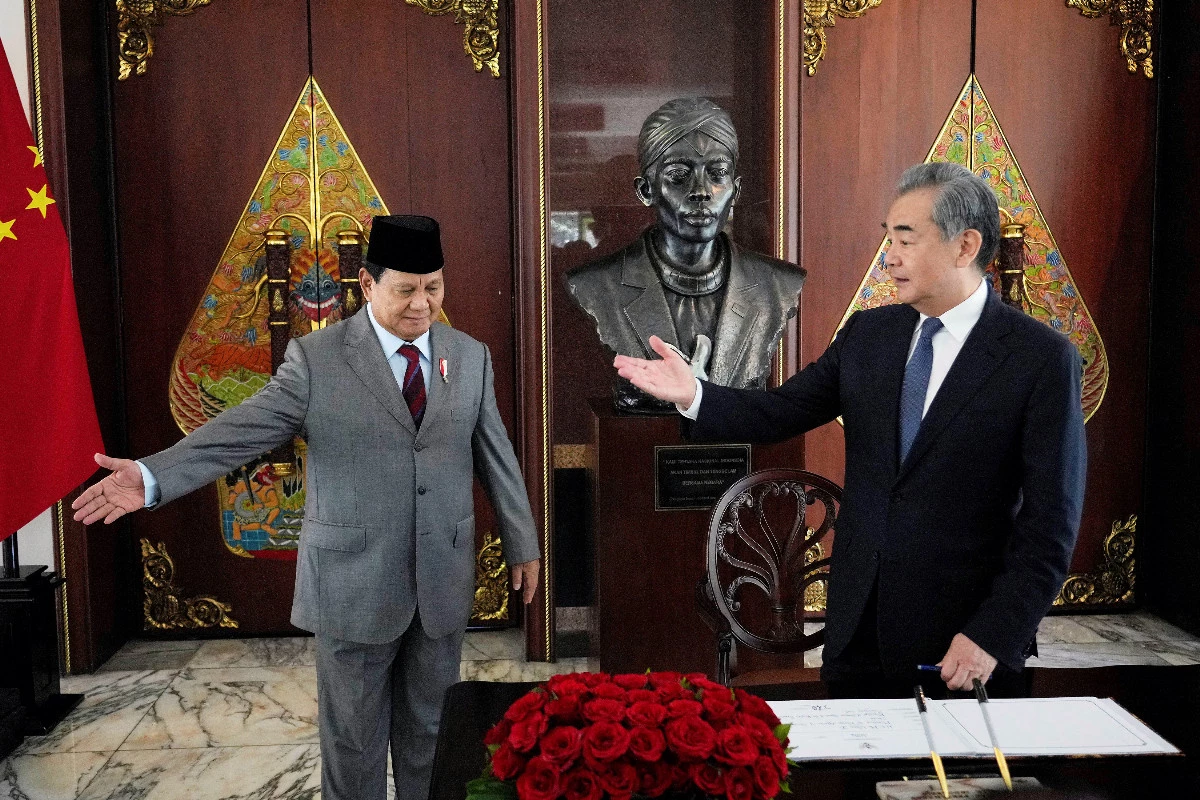
Senior minister Luhut Binsar Pandjaitan gave a brief update on China’s plans for the railway project. Beijing mainly funded the construction of the $7.3 billion railway which connects Jakarta and Bandung. There are now talks for the train’s extension to Surabaya. In a recap of his recent meeting with Chinese Foreign Minister Wang Yi, Luhut said that the extension came up in the discussions.
“Regarding the Jakarta-Surabaya high-speed train, we have agreed to form a team soon,” Luhut said on his official Instagram account over the weekend.
The Jakarta-Bandung high-speed railway, also known as Whoosh, has seen its ridership rising since it entered commercial operations in October 2023, and even soared in the recent Eid holiday, according to Luhut. The government estimates that hundreds of millions of Indonesians traveled during the long Eid holidays. The Eid break lasted for 10 days, lasting from April 6 to April 15. Whoosh reported that its ridership peaked on April 15, reaching approximately 21,500 passengers.
"Mr. President spoke of the Jakarta-Bandung high-speed train, and he is pushing for a technology transfer. He also underlined the need to speed up the feasibility study for the track extension to Surabaya,” Foreign Affairs Minister Retno Marsudi said, talking about Wang Yi’s meeting with Jokowi.
Wang Yi was in Indonesia for the 4th Indonesia-China High-Level Dialogue and Cooperation Mechanism meeting. As the name suggests, the meeting became a space for both countries to talk about strategies on how they could take the bilateral ties to greater heights.
